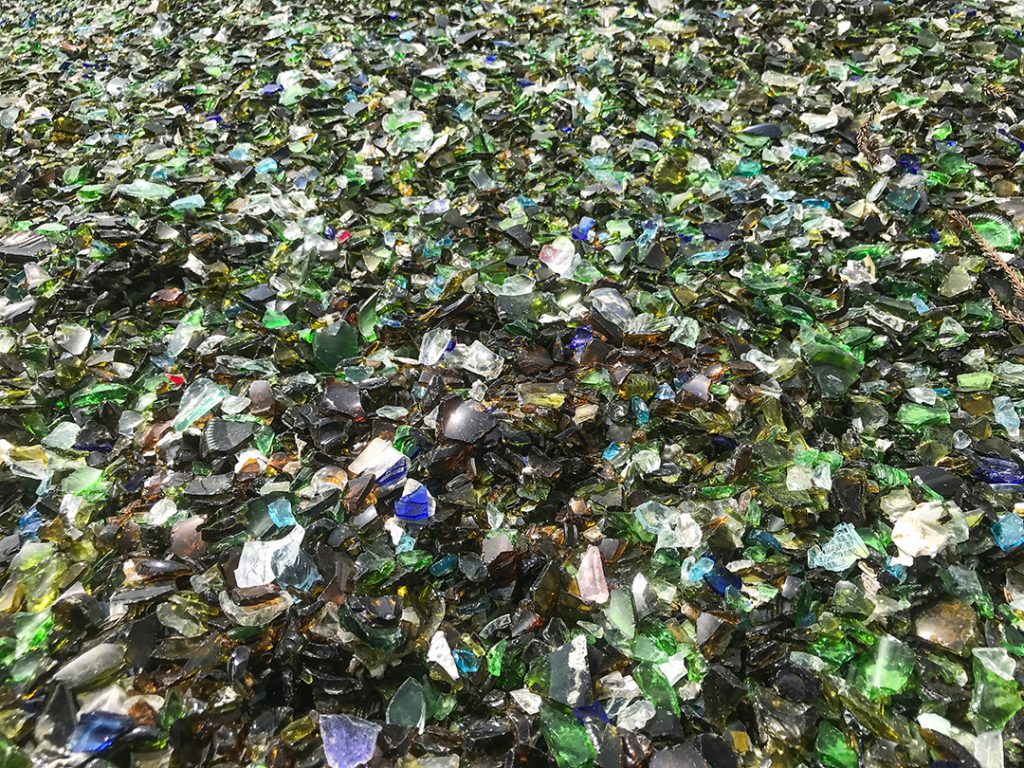Alcohol Manufacturers and Consumers Embrace Sustainable Packaging
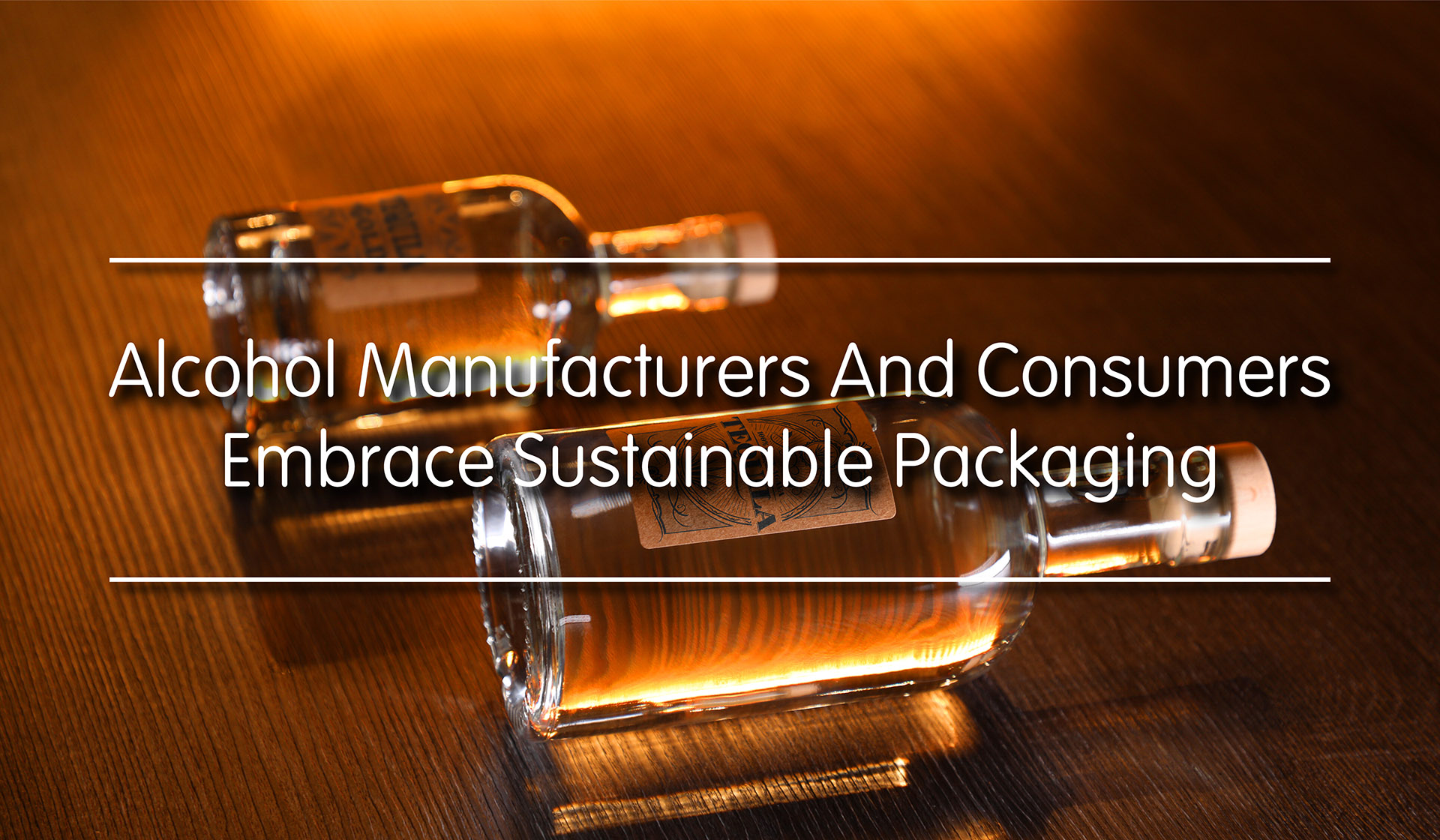
The liquor and spirits industry has long been at the forefront of product packaging innovations in the food and beverage market. As the world economy emerges from the COVID-19 pandemic, there is a renewed push for sustainable packaging — both in the alcohol market specifically and in the broader food and beverage industry.
One of the big upcoming trends forecast by industry analysts is the move to stand-up pouches made of recycled plastic resins and paper products. While you will already see a few of these products on shelves at your local liquor store — like the “juice box” style of wine containers — many consumers are proving to be slow adapters to pouch-style booze consumption. After all, when you’ve been drinking from a glass bottle or aluminum can for your entire life, the transition to drinking alcohol out of a pouch that looks like it was made for Capri Sun is quite the shift.
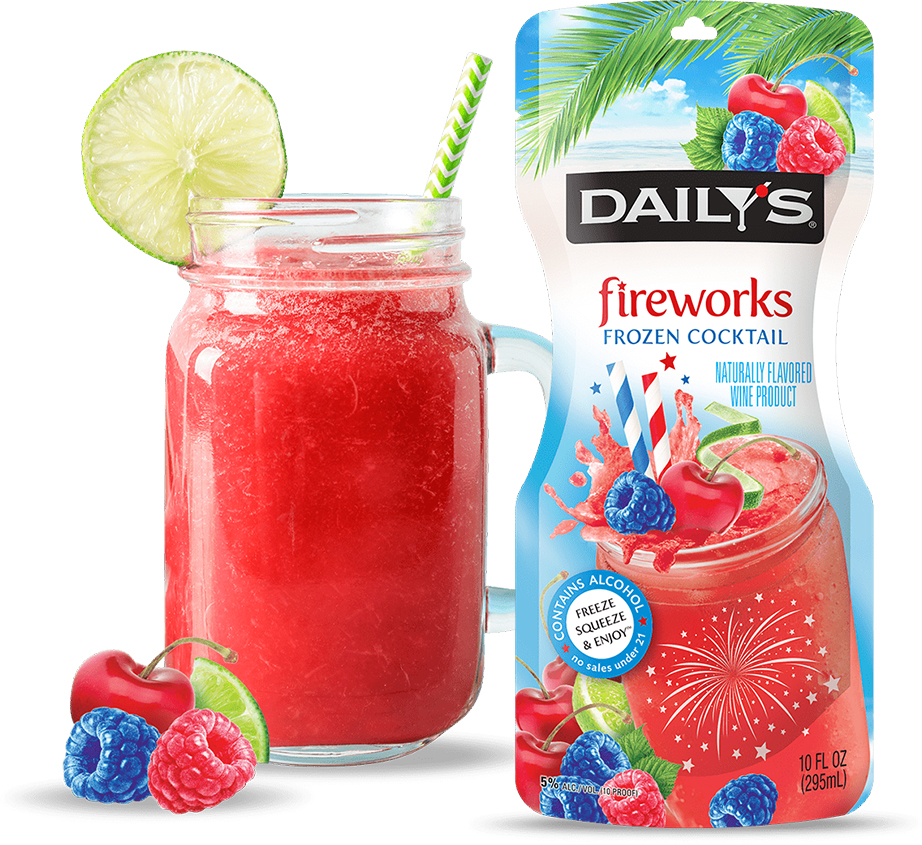
Source: Daily’s
While innovative options like Johnnie Walker’s upcoming paper-based bottle and the aforementioned stand-up pouches are certainly part of the industry’s future, spirits manufacturers will likely never abandon the timelessness of a glass bottle, and for good reason. Glass bottles are still by far the most popular container for liquor and spirits today, and they’re 100% recyclable, providing the perfect mix of consumer preferences and environmental awareness.
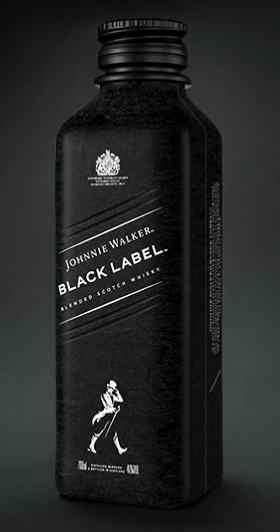
Source: Johnnie Walker
While aluminum cans are more lightweight than glass — which decreases shipping costs and doesn’t require as much carbon usage in the shipping process — they’re made using bauxite, a material with decidedly unsustainable characteristics that require strip-mining to extract from the earth. This leaves glass as the eco-friendly consumer’s material of choice for alcohol packaging.
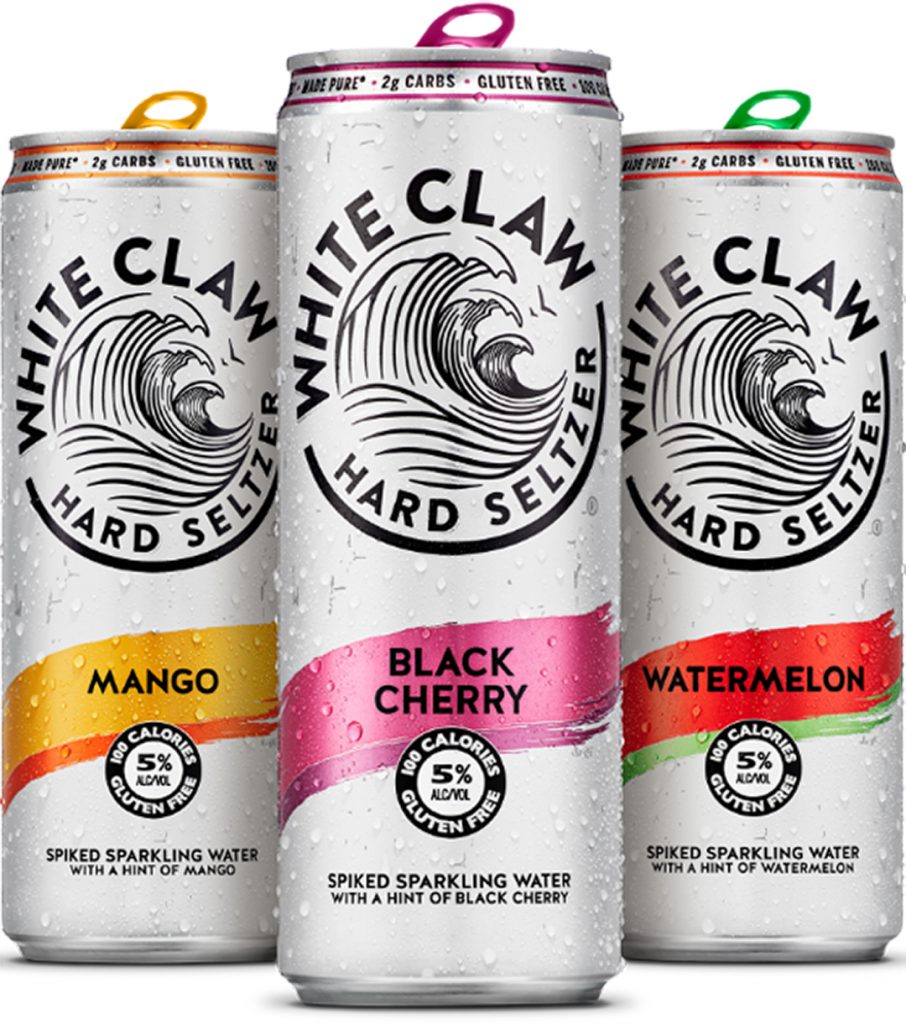
Source: White Claw
Sustainability in alcohol packaging isn’t just the right thing to do: it also makes strong financial sense. Today’s savvy consumer expects environmentally friendly packaging, and they’re often willing to pay higher prices to get it. Therefore, while glass bottles might cost a bit more to ship, consumers may accept a higher price point to purchase alcohol in a glass container instead of one made with plastic or aluminum.
In addition, alcohol brands are already finding ways to make their glass bottles even more sustainable than they already are. For example, Bacardi has made significant strides toward its goal of reducing the weight of its glass bottles by 15% by 2022, as they’ve already reduced weight by 10%. Another major brand, McCormick’s Vodka, now has a “swing-top” cap that allows consumers to easily reuse the bottle or return it to McCormick’s for re-bottling. The brand even makes a $1 donation to environmentally friendly charities and nonprofit organizations every time a customer returns one of these swing-top bottles.
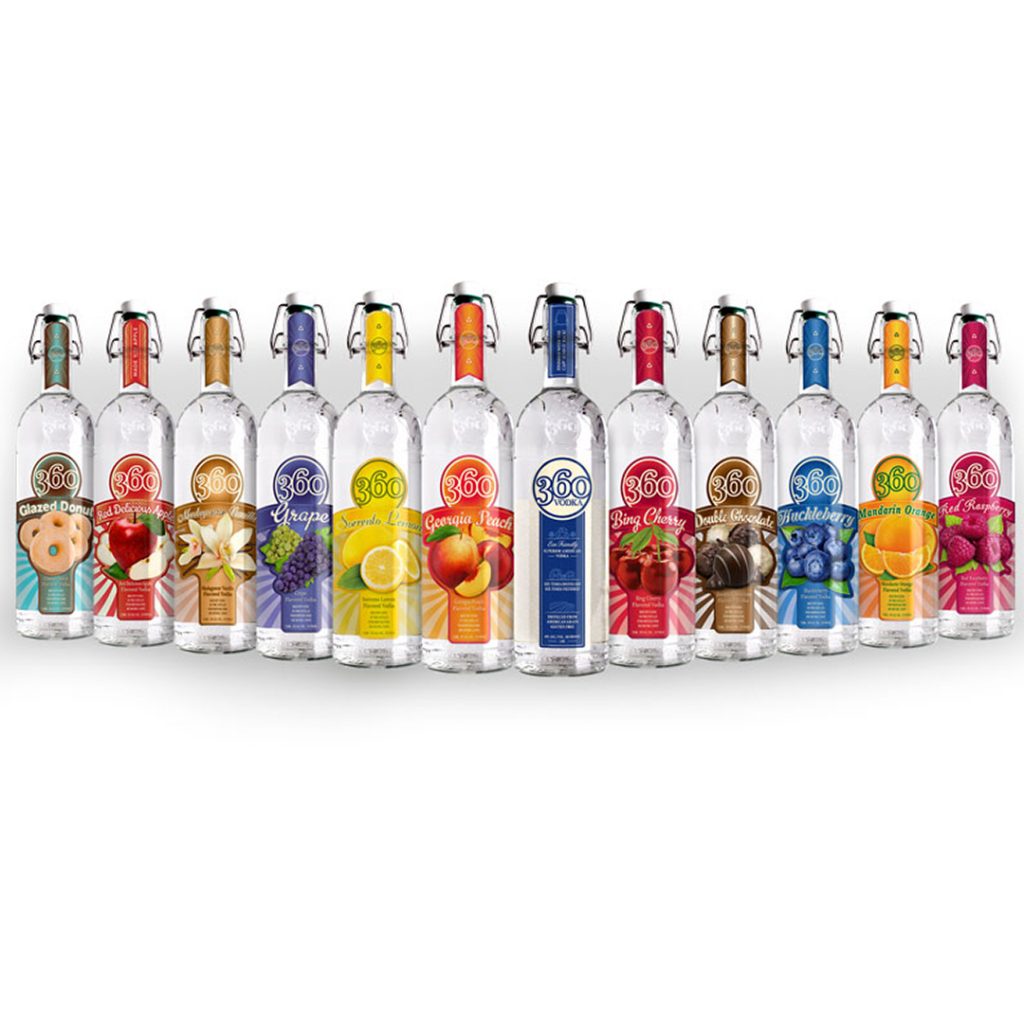
Source: McCormick
The French spirits maker Pernod Ricard is one of the top alcohol manufacturers in the world, and it’s also one of the companies taking noteworthy sustainability measures. By 2025, Pernod Ricard says they will only use 100% bio-based, recyclable, or compostable materials in their manufacturing process. In addition, they will discontinue all promotional products manufactured with single-use plastic packaging.

Source: Pernod Ricard
However, that’s far from the end for this brand’s sustainability efforts. Pernod Ricard is actually going beyond merely revising its product packaging by making investments in the communities that consume its products. By 2030, the brand will develop several new circular, closed-loop distribution methods for its liquor and spirits products to boost recycling rates in at least ten of its markets with subpar recycling levels.
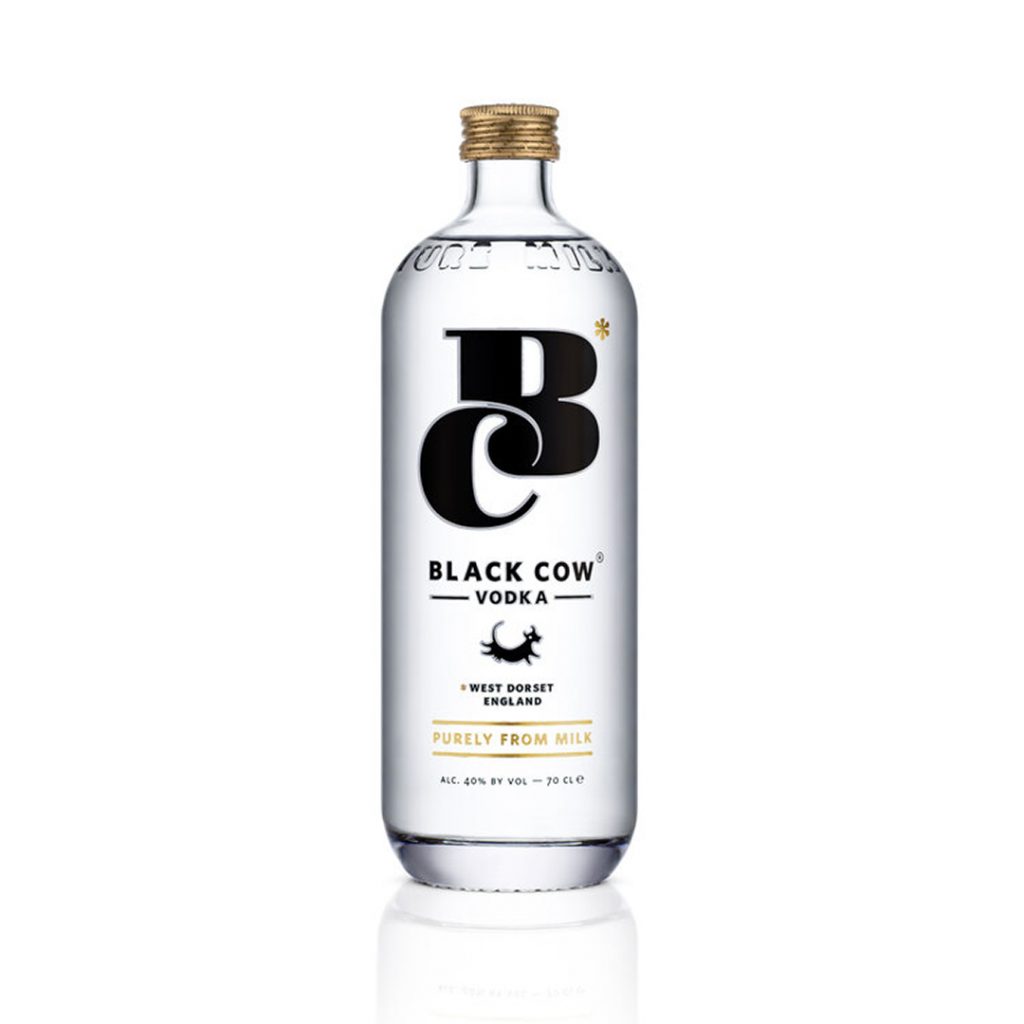
Source: Black Cow
Meanwhile, some brands are revising their distillation practices to reduce their environmental impacts. For instance, Black Cow Vodka is manufactured using leftover whey from cheese producers near the distillery. For another example, Ketel One now powers its distillery using a windmill and solar panels, eliminating the need for fossil fuels to play a role in the process at all.
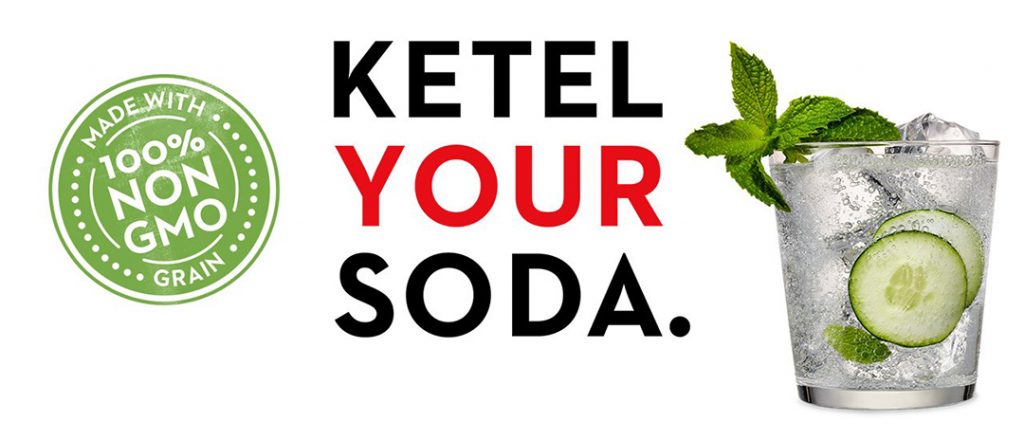
Source: Ketel One
Of course, there are some challenges for alcohol brands looking to increase their sustainability. First off, eco-friendly packaging can often cost more than other options. We’ve already discussed the relatively high shipping costs of glass, but the potentially high production costs of mass-producing stand-up pouches on a large scale are another way companies pay more for sustainable packaging.
As we mentioned earlier, consumers are often willing to pay higher prices, but companies have to pull off a delicate balancing act to ensure they don’t pass on more of the cost than consumers will pay. Furthermore, it remains to be seen if consumers will readily adopt all-new distribution methods, like the stand-up pouches. Can alcohol brands convince their customers to ditch the can or bottle and opt for a small flexible packet instead? We don’t have the answer to this question, but we do know that it will undoubtedly be a challenge to pull it off.
Another potential issue is simply getting the word out about sustainability initiatives. If an alcohol brand makes significant changes to its production and shipping methods but doesn’t inform the public about these moves, what difference will they make to consumer attitudes about their products? Therefore, a brand will need to coordinate marketing, public relations, and social media efforts to coincide with the production and sales roll-out for any sustainability effort.
If you own and operate a liquor and spirits brand and you want to enhance your company’s sustainability, BottleStore.com can help! We have a vast selection of glass liquor and spirits bottles in our inventory, all of which are 100% recyclable. If you’re not sure which of our many options would best suit your needs, we can help you find the perfect bottle for your sustainable production process.
